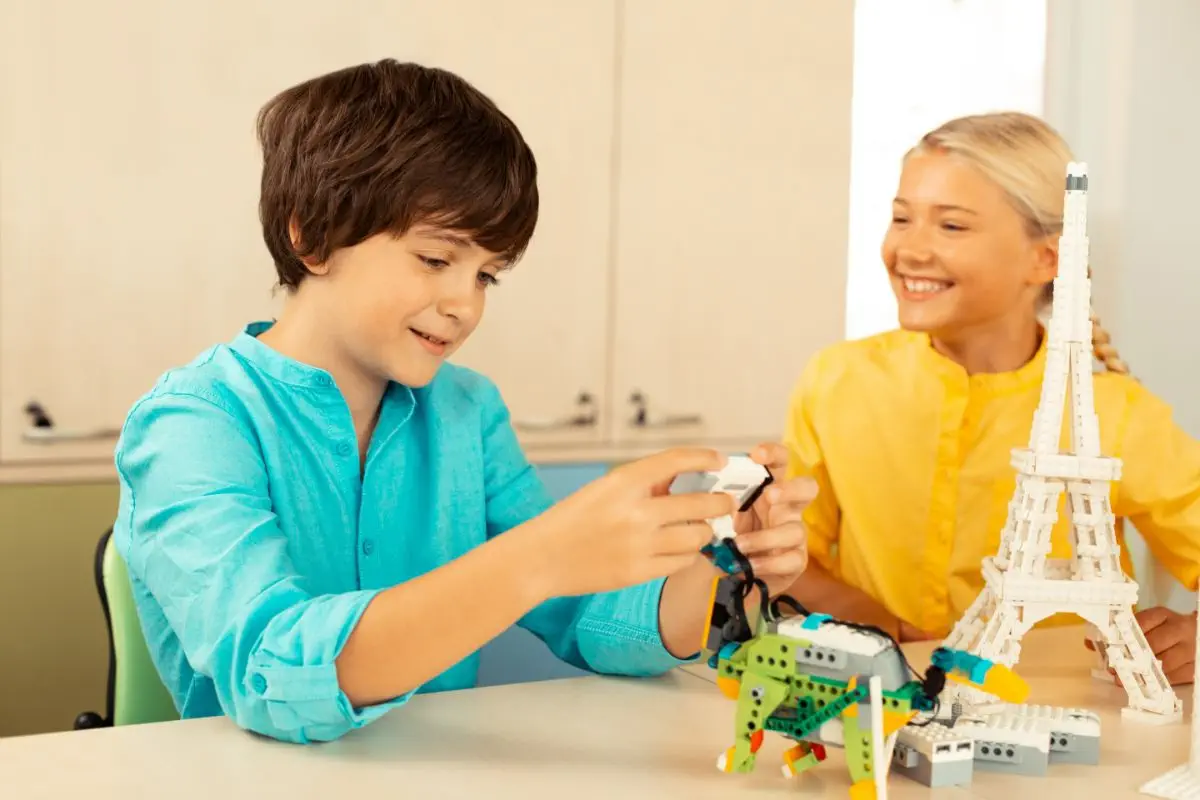
What are the life lessons teenagers learn at school?
- Importance of accountability and responsibility
- Spirit of independence
- Persevere, adapt, and bounce back
- Social skills are as important as any other skills
- Self-discipline is the key to time-management
- Appreciate and be open to cultural diversity
School is not just a place to gain knowledge and academic skills; it is also an environment where teenagers learn valuable life lessons that shape their character and prepare them for adulthood. While subjects like math, science, and literature are undoubtedly important, the lessons learned outside of textbooks are equally significant.
In this article, we will explore the essential life lessons teenagers learn at school, lessons that go beyond the confines of the classroom.
Importance of Accountability and Responsibility
Schools impose deadlines and emphasize the significance of attending classes. But it’s not just about attending classes and submitting assignments on time; it goes much deeper than that.
Within the school environment, students quickly realize that their actions carry consequences. They understand that the effort they put into their studies directly correlates with their academic success. Through this, students gradually develop a profound sense of responsibility for their own education.
Furthermore, schools offer various opportunities for collaborative activities such as group projects and extracurricular pursuits. This fosters a sense of trust and mutual support among classmates, creating an environment where everyone feels responsible for their contribution to the collective goal.
This cultivates a strong foundation for collaboration, trust, and mutual respect that can positively influence their interactions in the broader community.
Spirit of Independence

As they advance through various year levels, students are encouraged to assume responsibility for their grades and embrace self-reliance. They are empowered to take charge of their schedules, effectively organize their tasks, and make decisions autonomously.
This process of gaining independence not only equips them with the necessary skills to tackle the responsibilities of adulthood but also fosters a sense of individuality and the capacity to think critically.
These skills will serve them well beyond the boundaries of the school, equipping them with the confidence and resilience to face the complexities of the adult world.
Persevere, Adapt, and Bounce Back
In the journey of life, obstacles and setbacks are inevitable, and within the school environment, students encounter challenges such as academic setbacks, disappointing grades, or even unsuccessful trials in extracurricular activities. However, these experiences become opportunities for growth. They teach teenagers the importance of perseverance and the ability to adapt to new situations.
The ability to adapt and bounce back is an invaluable skill that teenagers can apply to various aspects of their lives.
In their personal lives, they learn to navigate relationships, setbacks, and hardships with a tenacity that allows them to maintain a positive outlook and keep striving for their goals.
Professionally, the ability to adapt and persevere through challenges is also a crucial asset in the ever-changing landscape of the workforce.
The school serves as a training ground for teenagers to develop the essential skills of resilience and perseverance. They gain a deeper understanding of their strengths and weaknesses, as well as the capacity to identify areas where improvement is needed.
Social Skills Are as Important as Any Other Skills
School is not only a place for academic learning; it is also a hub for social interactions where teenagers learn vital social skills and develop their ability to communicate effectively. They interact with peers, teachers, and administration daily, navigating various social dynamics. These interactions foster empathy, conflict resolution, teamwork, and negotiation skills.
One significant aspect of social development at school is the nurturing of effective communication skills. Teenagers learn to express their thoughts and ideas clearly, listen actively to others, and engage in meaningful conversations. They develop the art of articulating their opinions, both orally and in writing.
Class presentations and debates provide platforms for students to enhance their public speaking skills, fostering confidence and the ability to convey ideas persuasively. Nurturing these essential skills is equally vital for their personal and professional lives.
Self-Discipline Is the Key to Time Management

Time management is more than just balancing multiple subjects, homework, projects, and exams. It also includes managing your time such that you don’t spend all your school days and weekends just studying. Students will learn that time management is all about self-discipline and knowing what to prioritize more.
Teenagers learn to resist the temptations of procrastination and distractions, focusing on the tasks at hand and staying committed to their schedules. They develop the ability to create a structured routine that allows them to make the most of their time and achieve their academic goals while still allocating time to enjoy themselves.
The time management skills teenagers develop at school become even more invaluable as they transition into adulthood. Early practice in effective time management sets a strong foundation for their future responsibilities, which is precisely what schools aim to cultivate in their students.
Appreciate and Be Open to Cultural Diversity
Schools are melting pots of diverse cultures, beliefs, and backgrounds. Students have the opportunity to interact with peers from different ethnicities, religions, and socioeconomic backgrounds. This diverse social landscape presents a valuable opportunity for teenagers to interact and learn from one another, fostering a genuine appreciation for and understanding of cultural diversity.
As teenagers learn to navigate the complexities of cultural diversity, they also develop acceptance and respect for others. They recognize that differences are not barriers but rather opportunities for growth and learning. This open-mindedness and willingness to embrace diverse perspectives lay the foundation for fostering inclusive and harmonious communities both within and beyond the school environment.
Key Takeaway
While schools primarily focus on academic education, the life lessons teenagers learn at school extend far beyond the confines of textbooks and classrooms. Through accountability, independence, perseverance, social skills, time management, and diversity appreciation, students acquire essential skills that shape their character and equip them for the challenges of adulthood.
These life lessons foster personal growth, resilience, and a well-rounded outlook, setting the stage for a successful and fulfilling future.
Reedley International School offers a holistic educational experience that prepares students for success in a globalized world. Discover how Reedley stands out as one of the best international schools in the Philippines and contact us today to learn more about our exceptional programs and inclusive community.






-logo.png)



